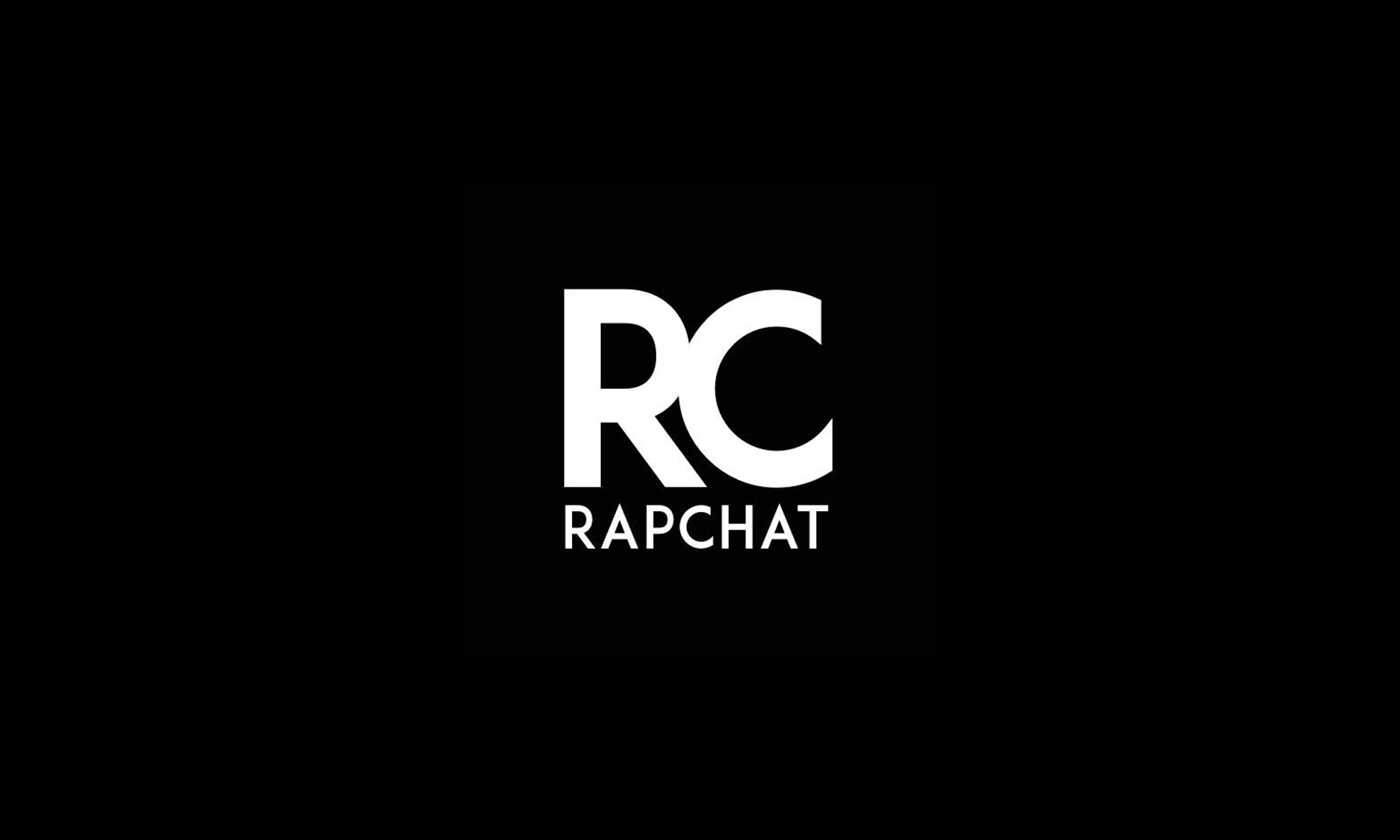
RapChat: Revolutionizing Music Creation or Missing the Beat?
RapChat has become a significant player in the music tech space, particularly for aspiring hip-hop artists and rappers looking for an accessible platform to hone their craft. With its focus on mobile music production, beat sharing, and social networking, RapChat continues to attract users who want to create and share tracks without needing high-end equipment or a professional studio. But as we enter 2024, the question arises: is RapChat truly revolutionizing music creation, or is it starting to miss the beat?
The Vision: Empowering a New Generation of Artists
RapChat’s initial goal was to democratize music creation by making it easy for anyone with a smartphone to record and share tracks. The platform offers a variety of features that cater to newcomers and seasoned artists alike:
- Beat Marketplace: The app has a built-in beat marketplace where users can browse and select beats to rap over. Some are free, while others require payment, allowing producers to monetize their work.
- Mobile Recording Studio: RapChat’s mobile studio offers voice recording, autotune, and basic editing features, allowing users to create polished tracks on the go.
- Social Network Features: With a social feed and sharing options, RapChat functions like a hybrid of a music production tool and a social media platform. Users can follow each other, share tracks, and engage in freestyle challenges.
In theory, this combination of tools creates a comprehensive platform for anyone wanting to try their hand at rap or music production, without the barrier of costly gear or extensive technical knowledge. However, there’s more to the story when we examine the 2024 version of RapChat.
What’s New in 2024?
This year, RapChat introduced a range of updates aimed at enhancing user experience and expanding creative possibilities:
- AI-Powered Lyrics Generator: RapChat added an AI tool that generates lyrics based on user input, helping artists overcome writer’s block. While this feature has been met with excitement, some users argue that it can make lyrics feel generic or uninspired.
- Improved Mixing and Mastering Tools: The app’s audio quality has improved significantly, with new AI-driven mixing and mastering options to give tracks a more polished, studio-like finish. This is a step up from the basic audio processing capabilities of earlier versions.
- Collaboration Features: RapChat now supports real-time collaborations, allowing artists to work on tracks together even if they are miles apart. This feature caters to the growing trend of remote music creation.
- Enhanced Beat Marketplace: Producers can now offer subscription-based access to their beat catalogs, similar to a Patreon model, allowing artists to support their favorite creators directly.
While these updates bring exciting new possibilities, they also introduce challenges and raise important questions about the platform’s direction.
The Positives: Why RapChat Stands Out
Despite the new changes, the core appeal of RapChat remains its simplicity and accessibility. Here are some reasons why it continues to stand out in 2024:
- Accessibility for Beginners: RapChat still lowers the barrier to entry for music creation. Young artists, hobbyists, or anyone with a smartphone can start making music without investing in software like Pro Tools or Ableton. This democratization of music production is one of RapChat’s biggest strengths.
- Community Engagement: The social media aspect of RapChat allows artists to share tracks, engage with followers, and even participate in rap battles and challenges. This engagement is crucial for new artists looking to grow an audience and receive feedback.
- Mobile-first Focus: With more creators turning to their phones for content production, RapChat’s mobile-first approach aligns well with current trends. The ability to record, edit, and share music straight from a smartphone is incredibly convenient.
- Monetization for Producers: For beatmakers, the expanded Beat Marketplace provides more opportunities to monetize their creations. The introduction of subscription models also allows for a steadier income stream.
The Negatives: Where RapChat Misses the Mark
However, RapChat’s 2024 updates also highlight some persistent shortcomings. While the app may be packed with features, not all of them are refined enough to meet the expectations of serious music creators. Here are some areas where the platform might be falling short:
- Limited Editing Capabilities: While RapChat’s mixing and mastering tools have improved, they still lag behind professional music production software. For artists looking to create a truly polished, high-quality sound, RapChat might not be sufficient as a standalone tool.
- AI-Generated Lyrics: Creativity or Crutch?: The new AI lyrics generator, while helpful for beginners, can discourage users from developing their unique voice. Over-reliance on AI-generated content risks creating a homogenized sound that lacks the personal touch essential to meaningful music.
- Overcrowded Beat Marketplace: As the Beat Marketplace expands, it becomes increasingly difficult for producers to stand out. The platform’s discovery tools do not always help users find high-quality or unique beats among the thousands available, making it challenging for beatmakers to get their work noticed.
- Data and Privacy Concerns: Like any app with social networking elements, RapChat collects a significant amount of user data. Some users may be wary of how their data is used, especially as the platform incorporates more AI-driven features.
Competitors: How Does RapChat Compare?
RapChat is not the only app aiming to simplify music creation. Platforms like BandLab, GarageBand, and Splice also offer mobile music production, and each has its own strengths:
- BandLab: Provides more comprehensive editing tools and a broader range of instruments and effects. It’s a stronger option for those who want a more in-depth music creation experience.
- GarageBand: Still a go-to for many due to its integration with Apple’s ecosystem and its polished recording tools. However, it’s limited to iOS users.
- Splice: Primarily a tool for finding samples and sounds, Splice offers professional-grade loops and sound packs but requires integration with other software for full production.
Compared to these alternatives, RapChat’s advantage lies in its social networking aspect and its focus on rap and hip-hop culture. However, as more apps begin incorporating social features, RapChat may need to diversify its offerings to stay competitive.
User Feedback: What Do Artists Think?
In 2024, user opinions about RapChat are mixed. Some praise the app for giving them a platform to start creating music without needing expensive gear. For these users, the updates have added valuable features that enhance their music-making experience.
However, some artists express frustration with the limitations of the mobile studio, saying it lacks the depth needed for professional production. Additionally, while the AI-driven tools are fun and innovative, not everyone appreciates the trend toward automation in creative processes, which can feel like it detracts from the authenticity of the music.
The Future of RapChat: What’s Next?
As RapChat moves forward, there are a few areas that could help the platform stay ahead of the competition:
- Advanced Audio Tools: Adding more sophisticated audio editing and mixing options could attract semi-professional or professional users looking for a more robust mobile solution.
- Customization in AI Features: Allowing users to adjust the AI lyric generator’s style or complexity might make the tool feel more personal and less generic.
- Better Beat Discovery Tools: Improving the search and recommendation algorithms for the Beat Marketplace could help users find more unique or niche beats.
- Increased Collaboration with Established Artists: Partnering with well-known rappers or producers for exclusive content, workshops, or challenges could help boost user engagement and add credibility.
Final Verdict: Revolutionizing or Missing the Beat?
In 2024, RapChat continues to be an important platform for aspiring artists, particularly those in the hip-hop community. Its accessibility, community-driven features, and mobile-focused approach make it a great entry point for new music creators. However, its limitations in professional-grade features, reliance on AI tools, and challenges in beat discovery leave room for growth.
Ultimately, whether RapChat is revolutionizing music creation or starting to miss the beat depends on your perspective. For beginners and hobbyists, it remains a valuable tool. For more advanced users, it might serve as a supplementary platform rather than a primary production tool. As the app evolves, striking the right balance between accessibility and sophistication will be key to ensuring it stays relevant in the ever-changing landscape of music technology.
Browse Beats & Instrumentals
Check out my extensive catalog of more than 500 custom-made beats and instrumentals, available for free download or licensing.


No Comments